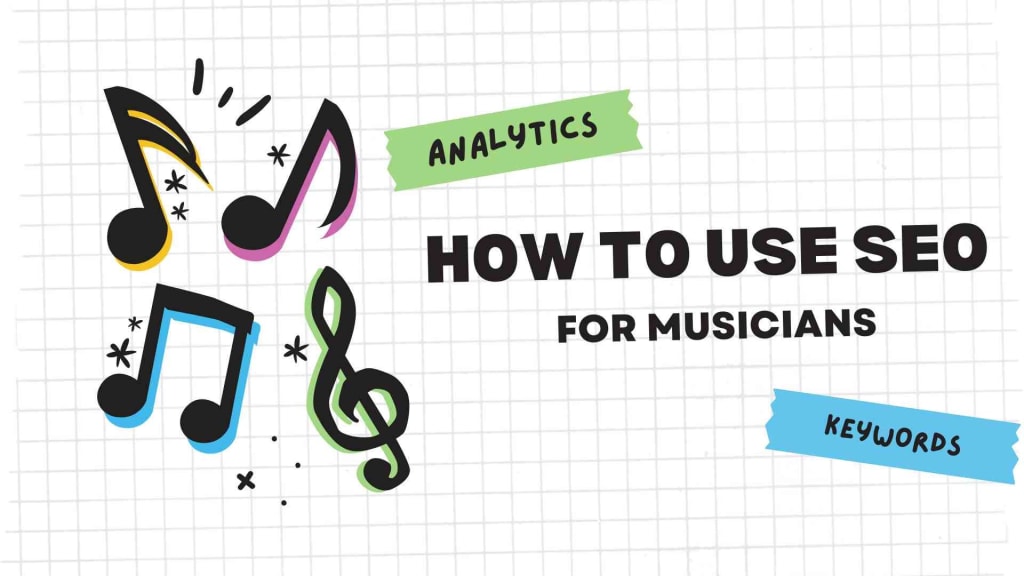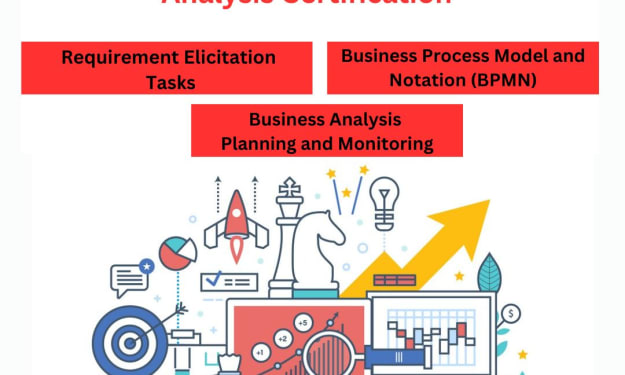SEO for Musicians: A Comprehensive Guide to Boosting Your Online Presence
SEO for Musicians

In the competitive world of music, standing out is more challenging than ever. As the industry moves increasingly online, Search Engine Optimization (SEO) has become a crucial tool for musicians. This comprehensive guide will walk you through the essential steps to enhance your online presence through effective SEO strategies. By leveraging SEO, you can ensure your music reaches the right audience and maximize your chances of success in the digital age.
Understanding the Basics of SEO
SEO is the practice of optimizing your online content to rank higher in search engine results. For musicians, this means making your music, videos, and other content more discoverable to fans and industry professionals. Effective SEO involves a mix of keyword optimization, content creation, and technical improvements to your website and online profiles.
Keyword Research: The Foundation of SEO
Keyword research is the first step in any successful SEO strategy. Identify terms that potential fans might use to find your music. Tools like Google Keyword Planner, Ahrefs, and SEMrush can help you discover relevant keywords such as "new rock albums," "indie music playlists," or "hip hop tracks."
Short-Tail vs. Long-Tail Keywords: Short-tail keywords are broad terms like "rock music" that have high search volumes but are also highly competitive. Long-tail keywords are more specific phrases like "up-and-coming indie bands 2024" that may have lower search volumes but are easier to rank for and more likely to attract your target audience.
Competitor Analysis: Look at the keywords other musicians in your genre are ranking for. This can give you insights into what terms you should be targeting.
Optimizing Your Website
Your website is the central hub of your online presence. To optimize it for SEO, follow these best practices:
Title Tags and Meta Descriptions: Use your primary keywords in the title tags and meta descriptions of your web pages. These elements are crucial for helping search engines understand what your page is about. For example, a title tag like "New Indie Music - Discover Up-and-Coming Indie Bands" can be effective.
Content Quality: Regularly update your site with engaging content such as blog posts, news updates, and behind-the-scenes stories. Make sure to incorporate your keywords naturally within the content. For instance, you could write a blog post about the "Top 10 Indie Albums of 2024" and mention your own music.
Mobile Optimization: Ensure your website is mobile-friendly. Many users will access your site from their smartphones, and search engines prioritize mobile-friendly sites. Use responsive design to ensure your site looks good on all devices.
Fast Load Times: Optimize your site's load time. Slow-loading pages can negatively impact your search engine ranking. Use tools like Google PageSpeed Insights to identify and fix issues that may be slowing down your site.
Leveraging Social Media for SEO
Social media platforms are essential for driving traffic to your website and improving your SEO. Here’s how to leverage social media effectively:
Consistent Posting: Regularly share your music, updates, and behind-the-scenes content. Consistency helps keep your audience engaged and increases your visibility. For example, you can share updates about new releases, tour dates, and collaborations.
Use of Hashtags: Use relevant hashtags to make your content discoverable. Research popular hashtags within your genre and use them strategically. Hashtags like #NewMusicFriday, #IndieArtist, and #LiveMusic can help you reach a broader audience.
Engagement: Engage with your followers by responding to comments, messages, and mentions. Interaction boosts your visibility and strengthens your relationship with your audience. Consider hosting Q&A sessions, live streams, and giveaways to increase engagement.
Cross-Promotion: Share links to your website and other social media profiles to drive traffic and build your online presence. Collaborate with other artists and influencers to expand your reach.
Utilizing YouTube
YouTube is a vital platform for musicians. It’s the second-largest search engine in the world, making it an excellent tool for reaching new fans. To optimize your YouTube presence:
Video Titles and Descriptions: Include relevant keywords in your video titles and descriptions. This helps YouTube understand what your videos are about and improves their discoverability. For example, a video titled "Official Music Video - New Indie Rock Song 2024" can attract more views.
Tags: Use tags to categorize your videos. Include both broad and specific tags related to your music. Tags like "indie music," "rock band," and "new music video" can help your videos appear in related searches.
Thumbnails: Create eye-catching thumbnails to attract viewers. Thumbnails should be relevant to the video content and visually appealing. Use high-quality images and include text overlays to highlight key aspects of your video.
Engagement: Encourage viewers to like, share, and comment on your videos. Engagement signals to YouTube that your content is valuable, which can improve its ranking. Ask your viewers questions and prompt them to engage in the comments section.
Building High-Quality Backlinks
Backlinks from reputable websites can significantly enhance your SEO. Here’s how to build quality backlinks:
Guest Blogging: Write guest posts for music blogs and websites. Include links back to your website and music. Reach out to bloggers who cover your genre and offer to contribute content that would interest their readers.
Collaborations: Collaborate with other musicians and influencers. Cross-promote each other’s content to build backlinks and reach new audiences. Collaborations can include joint music projects, interviews, and shout-outs.
Music Reviews and Features: Reach out to music bloggers and journalists for reviews and features. These articles often include backlinks to your website. Send personalized pitches to writers who cover your genre and provide them with press kits and samples of your music.
Participate in Forums and Communities: Engage in online music forums and communities. Share your knowledge and link to your website when relevant. Platforms like Reddit, Quora, and music-focused forums can be great places to share your expertise and build backlinks.
Focusing on Local SEO
If you perform locally, optimizing for local SEO is essential. This helps you attract fans in your area and can lead to more live performance opportunities. To optimize for local SEO:
Local Keywords: Include your location in your keywords. For example, “live music in [Your City]” or “[Your City] indie bands.” Use these keywords in your website content, blog posts, and social media profiles.
Google My Business: Claim and optimize your Google My Business listing. Ensure your information is accurate and up to date. Add photos, respond to reviews, and post updates to engage with local fans.
Local Listings: Get listed in local online directories and event listings. These listings often include backlinks to your website. Submit your information to local music venues, event calendars, and community websites.
SEO is a powerful tool for musicians looking to grow their online presence. By implementing these strategies, you can ensure that your music reaches a wider audience and stands out in a crowded digital landscape. Start optimizing today and watch your online presence grow.
Have you tried any of these SEO strategies? Share your experiences and tips in the comments below! Your feedback can help other musicians improve their SEO efforts and achieve greater success.
If you found this guide helpful, share it with fellow musicians and subscribe for more tips on enhancing your music career online. landscape and reach new heights.
About the Creator
Music Industry Updates
Welcome to Music Industry Updates, your go-to hub for the latest happenings in the music world.
Stay tuned, stay informed, and stay inspired with Music Pulse – where every beat counts.
Enjoyed the story? Support the Creator.
Subscribe for free to receive all their stories in your feed. You could also pledge your support or give them a one-off tip, letting them know you appreciate their work.






Comments
There are no comments for this story
Be the first to respond and start the conversation.